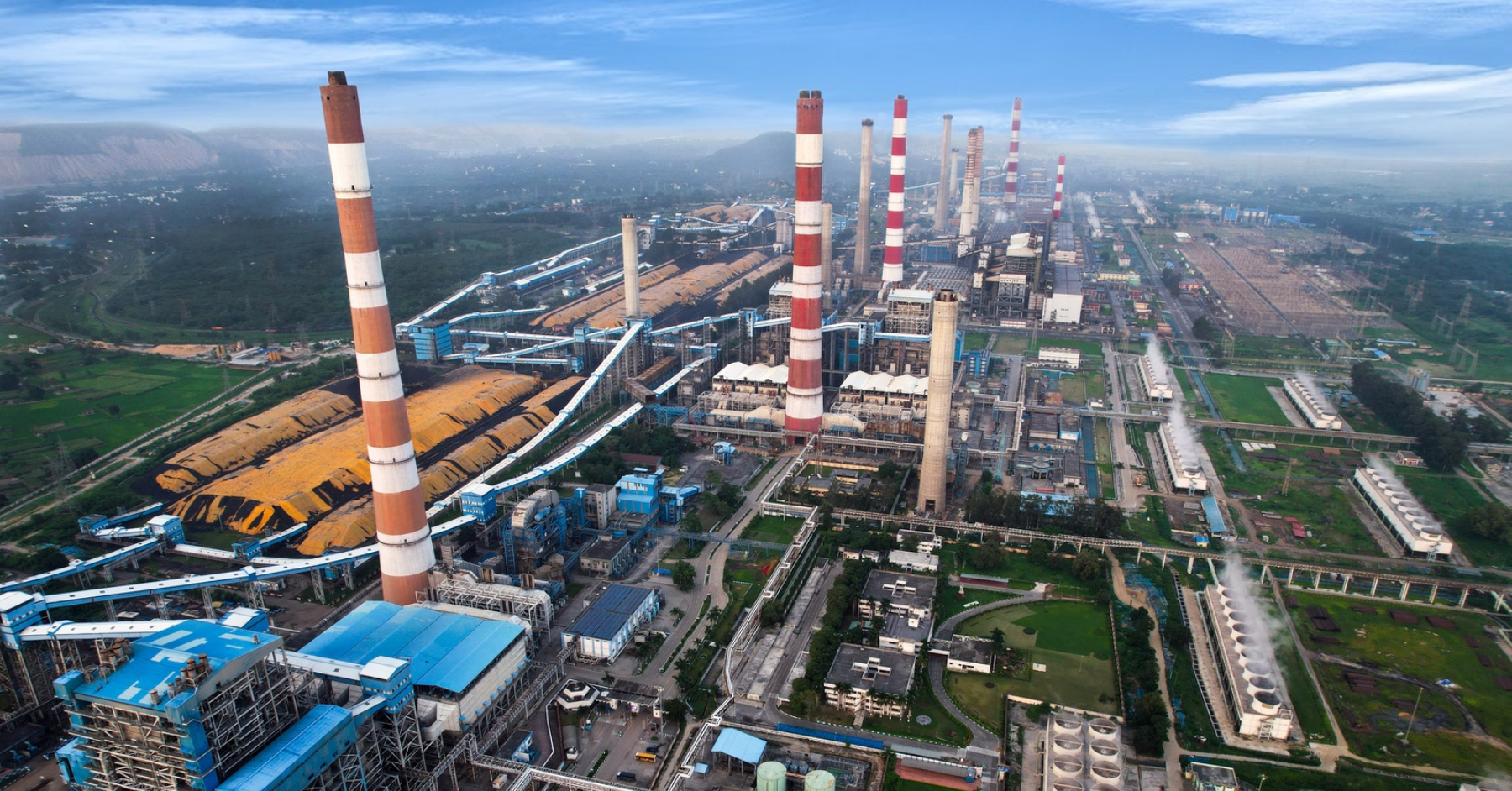Dalmia Cement (Bharat) Limited, a leading Indian cement major and a subsidiary of Dalmia Bharat Limited, today announced it will build a large scale, 500,000 tonne per year carbon capture facility at its cement plant at Tamil Nadu, India. As part of this, Dalmia Cement (Bharat) Limited has signed a Memorandum of Understanding with Carbon Clean Solutions Limited (CCSL) U.K., a leader in low cost carbon dioxide (CO2) separation technology, which will provide technology and operational services for the plant based on its patented CDRMax Technology.
Currently, small-scale carbon capture plants have been commissioned at a small number of cement plants in China and Europe. However, a large-scale demonstration plant of this capacity has not yet been planned or announced in the cement industry. Dalmia Cement and CCSL will explore multiple utilisation streams for the CO2 that is captured from this large scale plant, including direct sale for use in other industries, and manufacture of chemicals.
Mr. Mahendra Singhi, Managing Director and Chief Executive Officer, Dalmia Cement (Bharat) Limited said: “It is time to resolve the climate crisis. At Dalmia Cement, a progressive business enterprise that foresees the future today, we are committed to becoming a carbon negative cement group by 2040. Capturing process emissions from cement manufacturing will be critical towards reaching net zero by 2040 and therefore, our approach is to set up a large scalable demonstration project on carbon capture with multiple utilisation streams.”
“We are very excited to partner with Dalmia Cement on this industry-leading demonstration project. Decarbonising the cement industry is absolutely key to reaching ‘net zero’ emissions. By combining our low cost modular CO2 capture technology with viable CO2 reuse alternatives, we plan to deliver a full solution to early movers like Dalmia Cement”, said Aniruddha Sharma, CEO and co-founder of CCSL.
The cement industry is considered a hard-to-abate sector due to the emissions produced by the calcination of limestone, which is required to produce cement. Cement in turn is the cheapest available material used for production of concrete, the world’s most important building material. And whilst certain types of cement do not require calcination of limestone for production, this is subject to the availability of alternative minerals. Therefore, the only viable solution for reducing emissions from this sector is to capture the process-related CO2.



